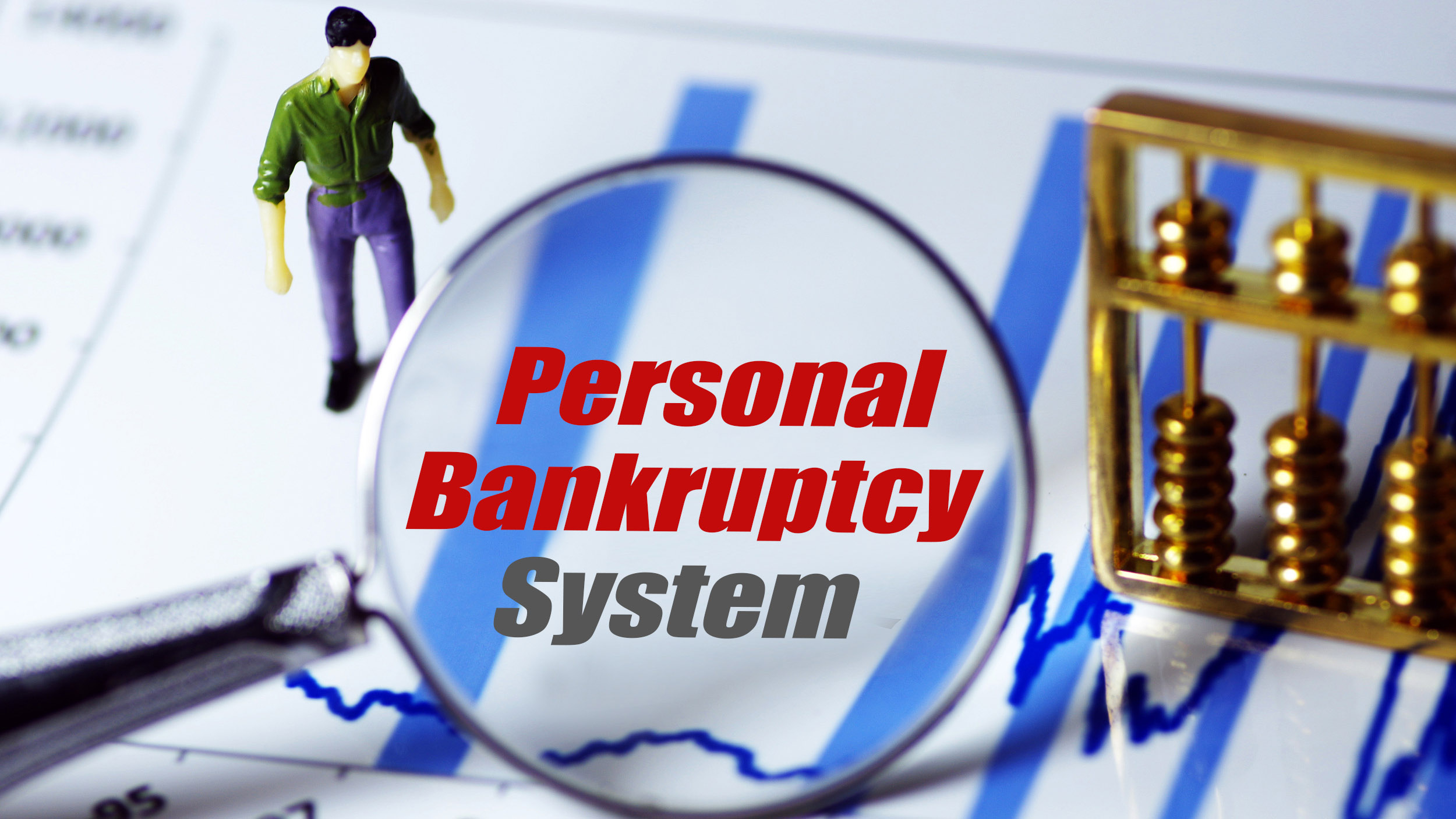

A new step to beef up China's bankruptcy system came as part of broader efforts to foster high-quality development and efficiency. The new personal bankruptcy system will focus on resolving the joint liabilities which arise from corporate bankruptcy, to gradually promote reasonable liability exemptions for individuals.
To work properly, it will operate alongside the national social credit information system, which records social misdemeanors, such as misbehavior while travelling, or financial irregularities committed individually or by companies linked to them.
"By the end of April, Chinese courts have issued a blacklist of 13.79 million people as "discredited" individuals. They are banned from boarding 23.76 million flights and 5.8 million high-speed trains. Among them, 4.11 million people have fulfilled their legal obligations." Said Meng Wei, the spokesperson of National development and reform commission.
Experts say the key benefit of the new system is that "honest but unfortunate" debtors will have a chance at a new beginning.
"Personal credit can be repaired slowly in the event of investment failure or enterprise bankruptcy. After the debtor's personal properties enter the bankruptcy liquidation procedure, they will be distributed in an equitable manner to all creditors." Said Liu Junhai, professor of law school at Renmin University of China.
But there are some skeptics who say the system is flawed, and could be a shelter for those trying to escape their debts.
However, Professor Liu Shuguang of China University of Political Science and Law played down their fears, saying that personal bankruptcy applications would be taken on a case-by-case basis and not all would be approved.
"The debt liability exemption will not happen immediately. For example, the procedure takes seven years in America, and five years in Hong Kong. In addition, all properties of the debtor will be restricted as a condition, except for his or her basic subsistence costs." Professor Liu said.
The Supreme People's Court recommended such a system in its latest five-year reform plan.
The system is expected to pilot in some areas before the end of this year.

Copyright © 2018 CGTN. Beijing ICP prepared NO.16065310-3
Copyright © 2018 CGTN. Beijing ICP prepared NO.16065310-3